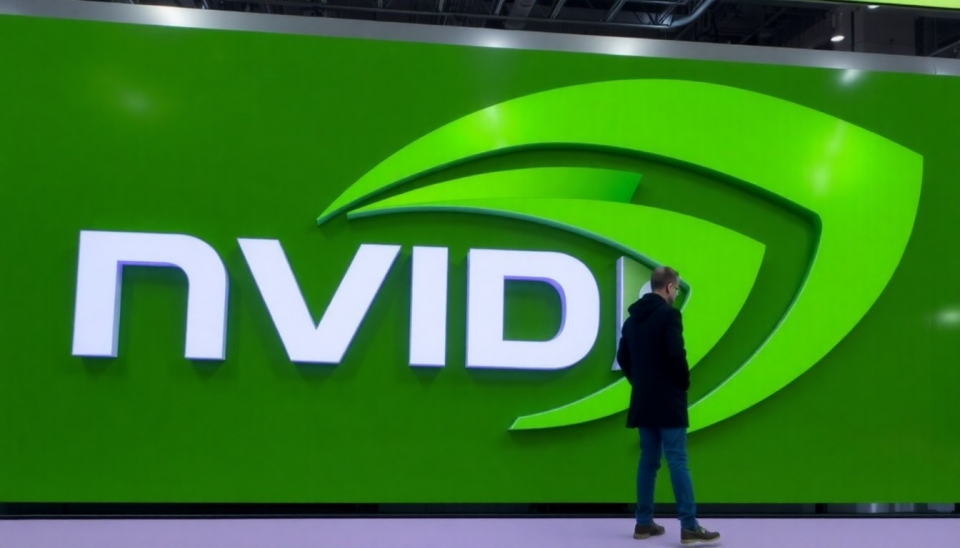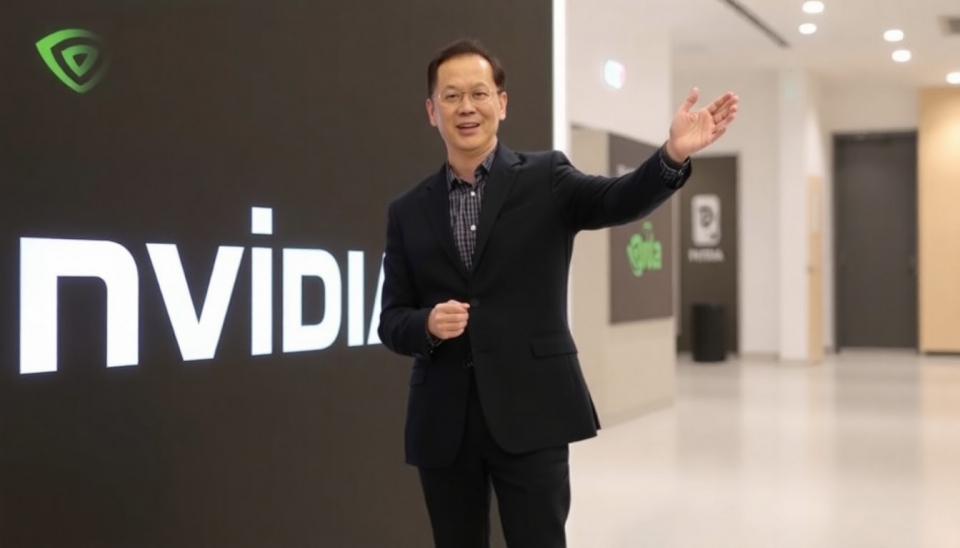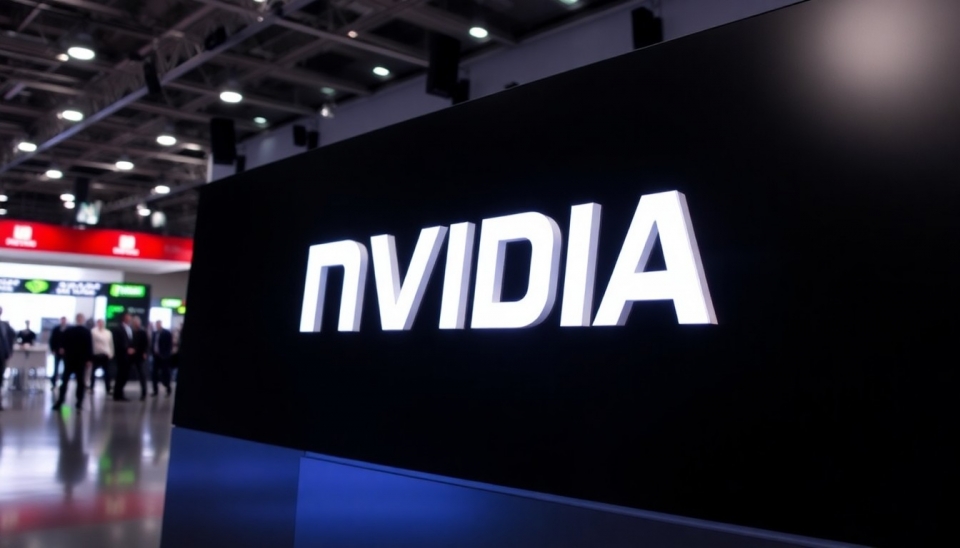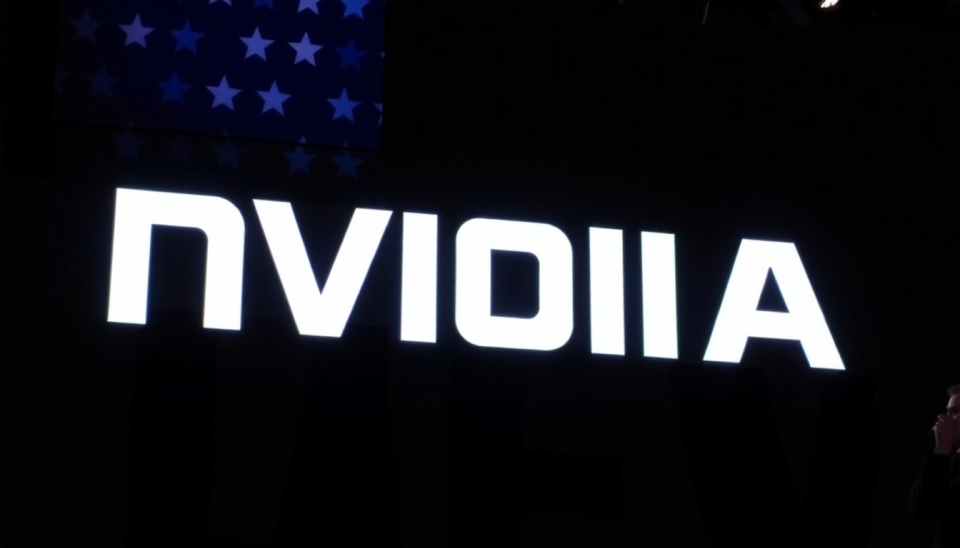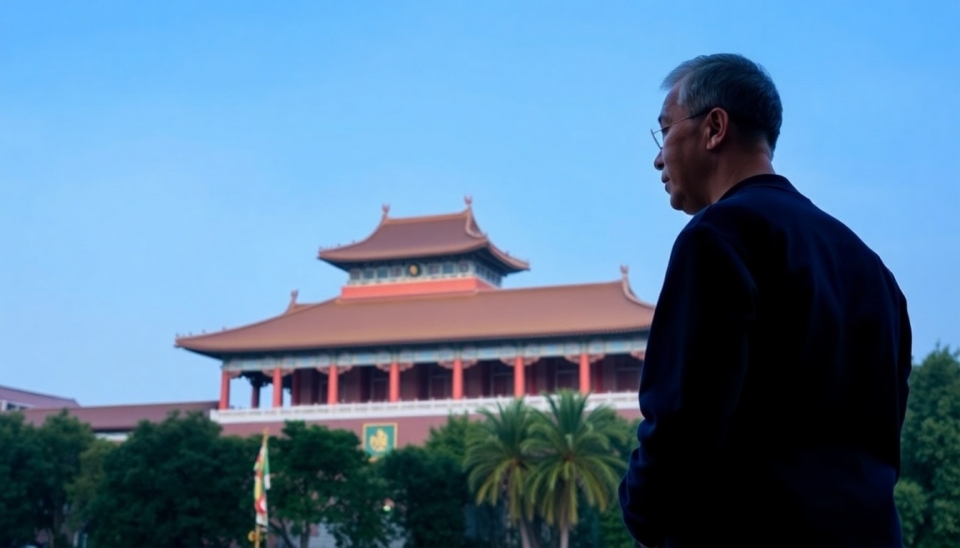
In a significant development in the ongoing tech rivalry between the United States and China, Jensen Huang, the CEO of NVIDIA, recently embarked on a visit to Beijing. This trip comes in the wake of new regulatory measures imposed by the U.S. government, which have restricted the sale of advanced artificial intelligence (AI) chips to Chinese companies. Huang's journey has sparked interest and speculation about its implications for both NVIDIA and the broader semiconductor market.
During his time in Beijing, Huang is set to engage with key stakeholders in China's technology sector, potentially including government officials, major tech firms, and local AI startups. This outreach is particularly crucial as Chinese tech companies face mounting challenges following the latest U.S. restrictions. These limitations target cutting-edge GPUs, which are essential for AI development, putting significant pressure on Chinese firms that have increasingly relied on advanced AI technologies for various applications, including facial recognition, autonomous driving, and data processing.
Huang's visit underscores NVIDIA's strategic interest in maintaining a foothold in the rapidly evolving Chinese market. Analysts suggest that the tech giant is keen to find ways to navigate the geopolitical landscape while continuing to cultivate essential partnerships in China. The engagement comes at a time when China is striving to bolster its domestic semiconductor production capabilities, aiming to reduce its dependence on foreign technology amid an increasingly nationalistic approach to tech leadership.
The backdrop of Huang’s visit also highlights the ongoing tensions between the U.S. and China as both countries vie for supremacy in AI and other critical technologies. The U.S. government has cited national security concerns as the rationale for its restrictions, arguing that advanced AI technologies could be used to enhance China's military capabilities. This perspective has prompted a reevaluation of economic relationships and has spawned a series of measures aimed at limiting technology transfers to China.
Huang is known for his diplomatic approach and has previously spoken about the importance of collaboration between the U.S. and China in developing AI technologies. The outcome of this visit may yield significant insights into how NVIDIA will adapt its strategies in response to evolving regulatory environments, especially in light of growing competition from domestic players within China.
As Huang meets with various stakeholders, the tech community is keen to learn more about NVIDIA's plans and how the company intends to address the challenges posed by the new chip export restrictions. The potential for new partnerships, as well as the advancement of AI technologies in China, is expected to be pivotal themes in discussions during this visit.
The stakes are high not only for NVIDIA but for the entire semiconductor industry, as companies continue to assess the impact of geopolitical tensions on global supply chains and innovation. Huang's visit to Beijing may serve as an indicator of the prevailing dynamics in the tech world and could influence future policies affecting AI and semiconductors across international borders.
In conclusion, Jensen Huang's diplomatic mission to Beijing comes at a crucial time for NVIDIA amidst rising tensions between the U.S. and China. As the landscape for AI technology shifts, this visit could have lasting implications for how companies navigate regulatory challenges and seek to secure their positions in the competitive global market.
#NVIDIA #JensenHuang #AI #China #TechVisit #SemiconductorIndustry #USChinaRelations #ChipExportRestrictions
Author: John Miller
